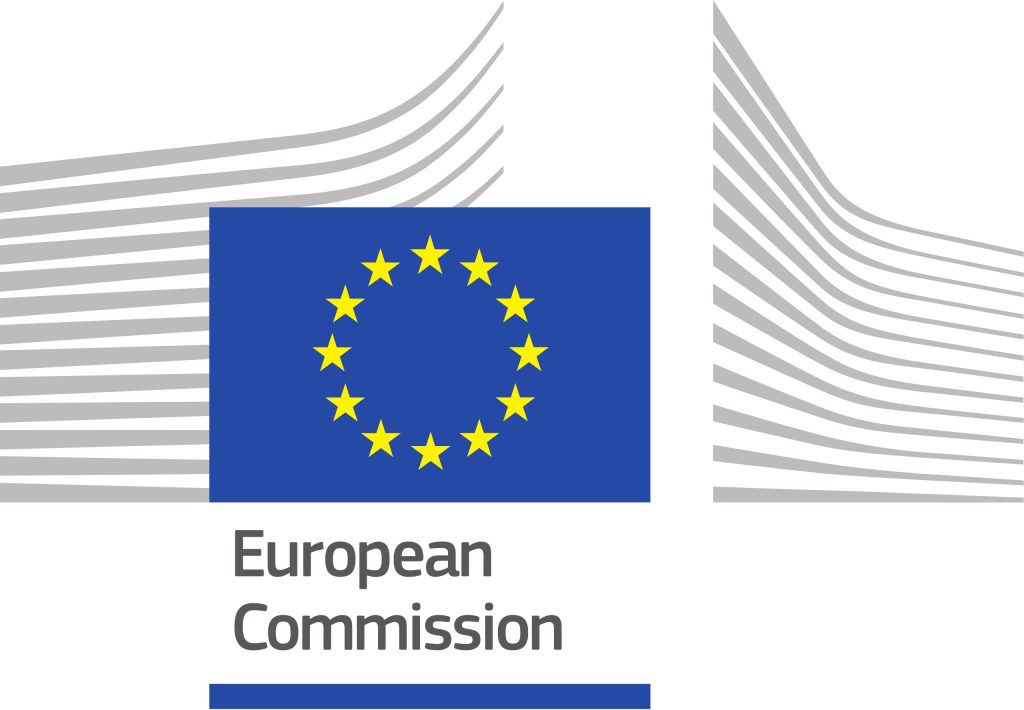
Fundamentals of Software Engineering
Expected Outcome:
Responsible software engineering methods, tools, and best practices leveraging, among others, novel AI and data technologies to accelerate the development and maintenance of software, including for multi-architecture systems, addressing in particular efficient and agile modelling, verification and validation, as well as vulnerability assessment and mitigation.
Scope:
Proposals are expected to progress state of the art in at least one of these areas:
- Methods, mechanisms and tools that allow smart intelligent system specification, agile system and code development, advanced code analysis, fault prediction and location and self-repair by using emerging techniques, in particular based on AI and data technologies. This may include environments that allow to automatically derive requirements and produce conceptual and architectural models. Tools should support mastering complex requirements, design-by-contract programming at all levels of integration, semi-automatic creation of pre-conditions, post-conditions and invariants for software modules facilitating automated unit and integration testing.
- Methods and tools for the development of dynamic and resilient software for systems running on multiple processing architectures including cross-compilation, run-time self-adaptation and multi-architecture executables.
Projects are expected to demonstrate their developments in at least three industrial or societal use-cases. Implementing responsible software engineering, the use-cases should address functional as well as non-functional requirements and principles like optimising energy usage, reducing the environmental footprint, security-by-design, and data protection.
Projects should provide a dissemination and use strategy. Research and Development should interface with relevant existing standards, where appropriate. Projects are encouraged to deliver results under Open Source licenses.
Projects should build on or seek collaboration with existing projects and develop synergies with other relevant European, national or regional initiatives, funding programmes and platforms.
Specific Topic Conditions:
Activities are expected to start at TRL 2 and achieve TRL 5 by the end of the project – see General Annex B.
General Information
Responsible software engineering methods, tools, and best practices leveraging, among others, novel AI and data technologies to accelerate the development and maintenance of software, including for multi-architecture systems, addressing in particular efficient and agile modelling, verification and validation, as well as vulnerability assessment and mitigation.


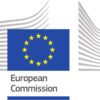
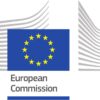
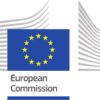
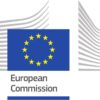
Fundamentals of Software Engineering 0 reviews
Login to Write Your ReviewThere are no reviews yet.